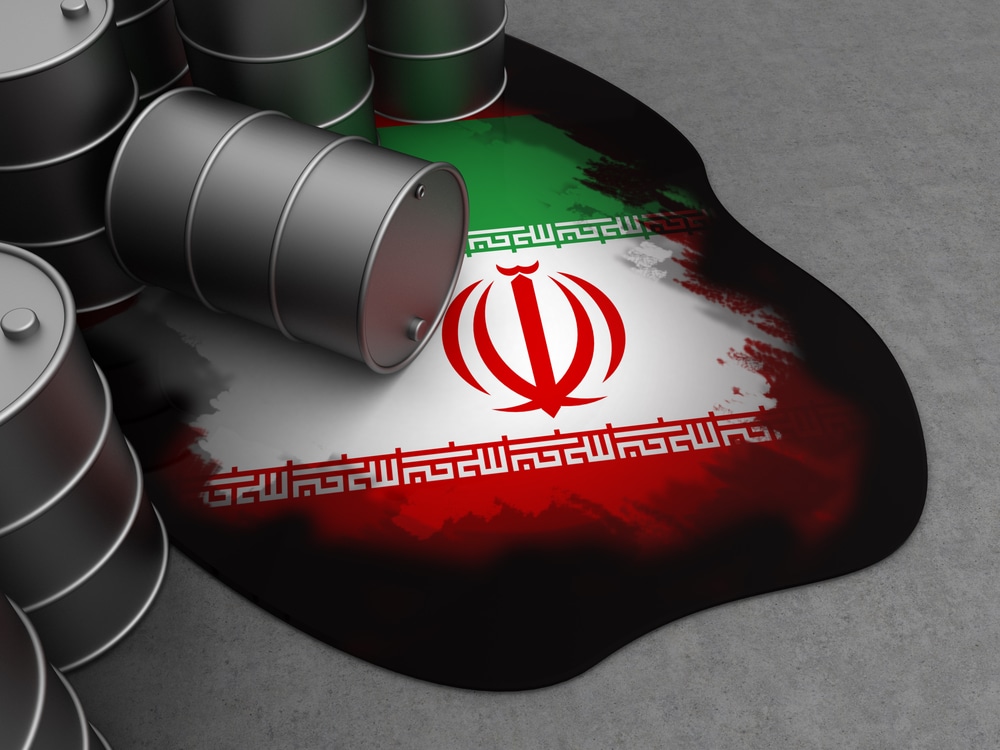Proponents of lifting the U.S. crude oil export ban trumpeted the rhetorical question that since U.S. geopolitical rival Iran can export its oil, why can’t the United States?
But now that “liquid freedom” has begun to flow from American export terminals to the global market, it turns out the same company that exported the first batch of U.S. crude oil to the global market is now also exporting Iranian oil products. That company, the Switzerland-based Vitol Group, was profiled in an investigative piece on DeSmog late last year.
“Vitol, one of the world’s largest traders in oil and oil products in terms of volumes, has fixed three vessels to load Iranian condensate,” Platts reported on January 29. “The recent removal of sanctions on Iran has resulted in international companies rushing to trade in Iranian petroleum with the latest being Vitol.”
Vitol describes itself as an “energy and commodities company” that does “[p]hysical trading, logistics and distribution,” as well as “refining, shipping, terminals, exploration and production, power generation, mining and retail businesses.” The Telegraph (UK) described Vitol as among the most powerful commodity trading businesses on the planet, which “pulls the levers of the global economy.”
The company gave President Barack Obama, who signed off on oil exports as part of the broader budget bill at the end of 2015, a total of $15,500 in campaign contributions in his two runs for the White House in 2008 and 2012.
Ironically given the state of play, four days after Platts broke the news about Vitol and Iran, Republicans in the U.S. Senate released a video repeating the same meme about oil exports as a blunt tool to use against Tehran.
“[T]he president lifted sanctions on Iran, letting the regime sell its oil into global markets,” U.S. Sen. Lisa Murkowski (R-AK) — who has taken over half a million dollars in campaign contributions from the oil and gas industry for her 2016 re-election run — said in the video, “[W]e ensured American producers can do the same by repealing an outdated export ban that applied to the United States.”
Murkowski failed to mention that Vitol, and other oil traders like it, can now profit from both sides of the geopolitical conflict. And much of that is, of course, thanks to President Obama.
Photo Credit: Mmaxer | Shutterstock
Subscribe to our newsletter
Stay up to date with DeSmog news and alerts







